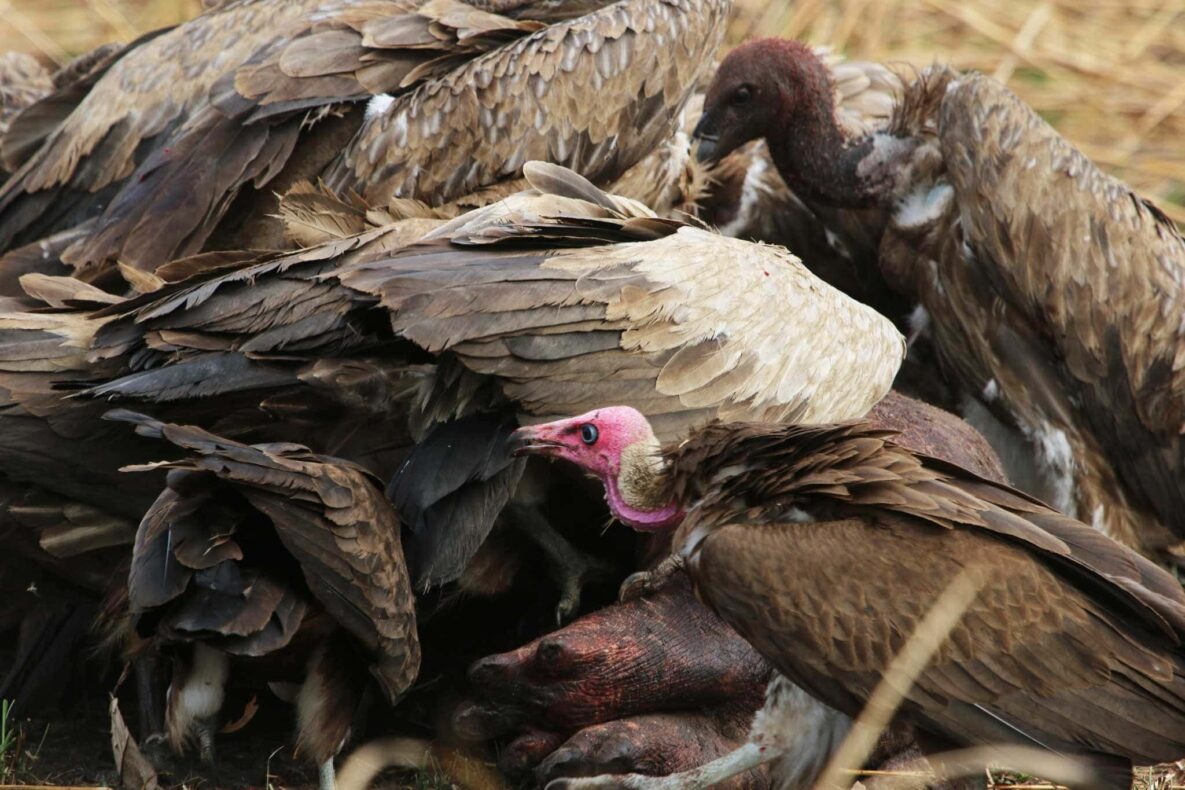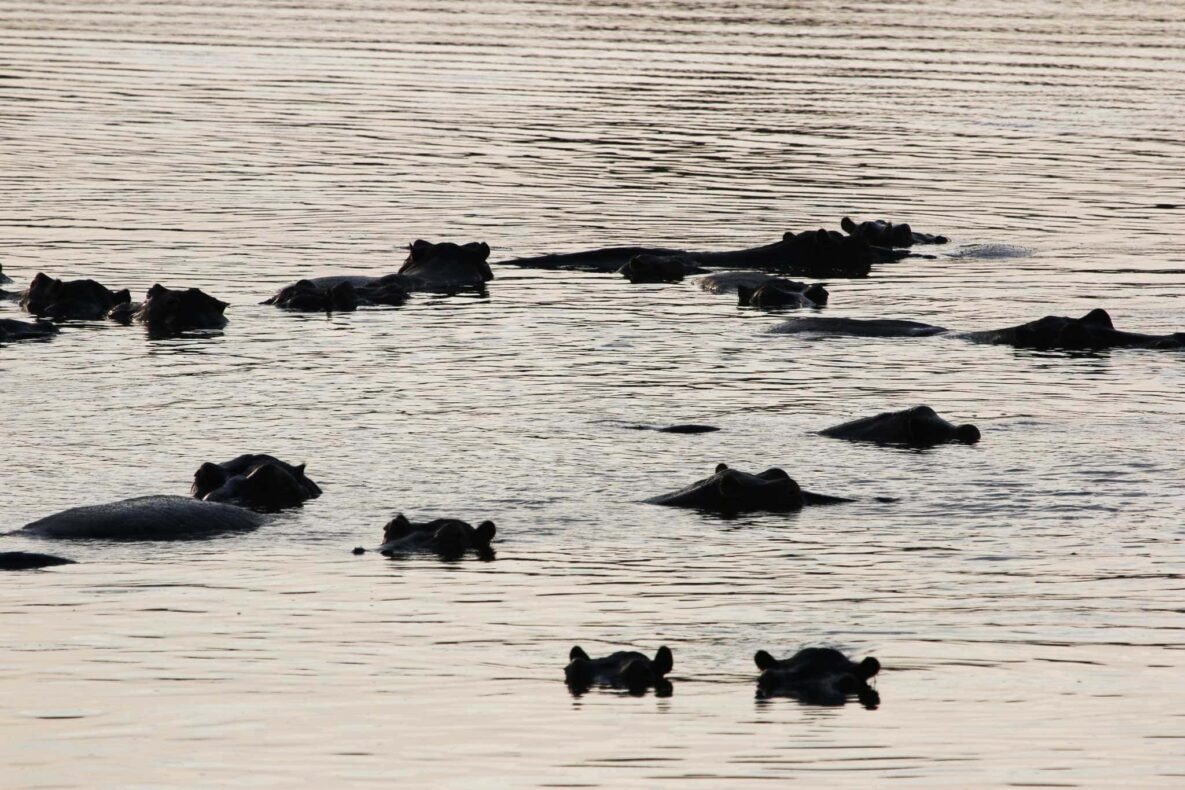Directeur Jozef Verbruggen maakte in oktober 2020 een enerverende reis naar Zambia en Zimbabwe waarbij Nick Aslin, CEO van onze partner in Zambia, de nodige support bood tijdens de rondreis. Bij terugkomst deelde Aslin zijn visie over de toekomst van wildlife toerisme en natuurbehoud in Zambia.
Nick Aslin: “Well there’s a small subject to get one’s teeth into. I arrived in Zambia’s Luangwa Valley in the early 90’s and found myself lodged under the wing of a chap who became nothing less than a mentor to me for the next few years. Norman Carr was and still is regarded as the founding father of the walking safari, but more importantly he had a better understanding of the challenges being faced by wildlife populations and those humans who set about trying to protect them, than anyone I’ve known.
So what progress has been made in the past 30 odd years? Wildlife tourism in Zambia is a larger, more professional and dare I say it, a more lucrative business than it was previously. Small, break-even, owner operated safari businesses have been taken over, expanded and improved upon. As a destination Zambia now stands shoulder to shoulder with neighbours such as Botswana, Tanzania and Kenya. Big business and big money now call the shots and the most tangible effect of not having to worry so much about the bottom line is that funds, resources and marketing awareness can be channelled towards conservation programs and community projects.

It is important for people to understand that conservation and community development will not be possible in Africa’s rural areas without a successful, sustainable tourism industry and also, just as importantly, that wildlife tourism will not be sustainable without the buy-in of the communities close-by. These factors are all inter-connected and will succeed or fail together.
COVID aside we can all appreciate that our world is becoming smaller and smaller, an African safari is no longer an aspiration of the few, it is within the grasp of a far wider market. This is good and bad, but we must embrace the future and ensure that greater access to areas of unique wilderness works to the benefit of these remote areas and the wild creatures that live there.
Is the future a rosey one? Yes I believe that it can be, but let’s not be complacent. We are walking a tight-rope, there are too many species on the cusp of extinction, global warming is changing our planet faster than we can mitigate its effects so we have a battle on our hands but it’s a battle I believe we can win. Giving access to the world’s most remote areas to tourists from around the world can play a key part in ensuring that they are still around for the next generations to enjoy.”

VERANTWOORD REIZEN
Jozef verbleef tijdens zijn reis in unieke accommodaties, waaronder het eigenzinnige boetiekhotel Latitude 15˚ in Lusaka, het zeer afgelegen Tafika Camp ten noorden van de Nsefu-sector van het South Luangwa National Park en het exclusieve Chinzombo Camp met uitzicht op de Luangwa rivier. Topaccommodaties in een inspirerend decor van natuurschoon waar u kunt rekenen op ongeëvenaard comfort en volledige privacy, én die net als wij streven naar een duurzame toekomst. Door onze bewuste keuzes, zoals het samenwerken met lokale agenten en leveranciers waarbij conservation één van de kernwaarden is, kunnen wij een onvergetelijke en verantwoorde reis voor u samenstellen met een positieve impact op de wereld.












